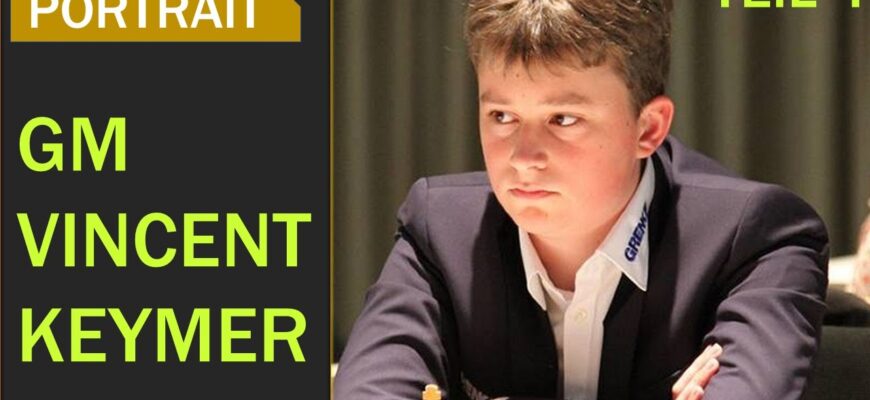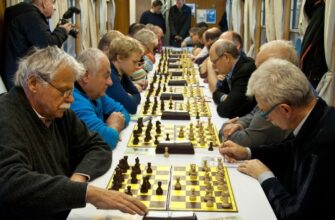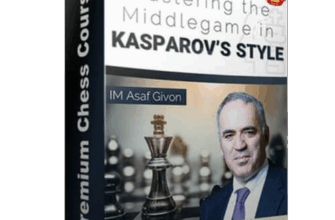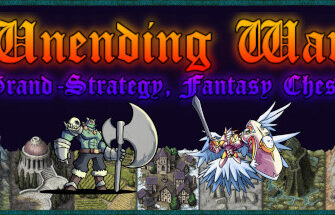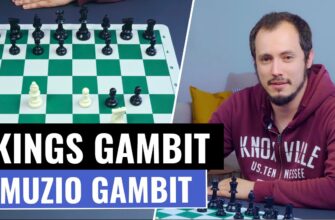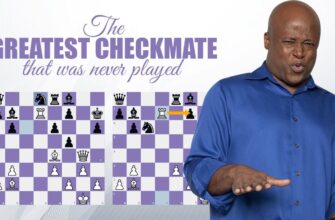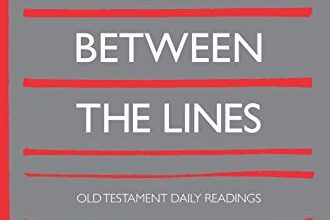In the high-stakes, intellectually demanding world of professional chess, where grandmasters often appear to dedicate their entire existence to the 64 squares, a refreshing and pragmatic perspective emerges. Vincent Keymer, the prodigious German Grandmaster and recent Champion of the Chennai GM tournament, offers insights that extend beyond mere piece movements, touching upon the critical balance between peak performance and a fulfilling personal life.
The Unadulterated Joy of the Game
For a top-tier chess player, one might assume a deep-seated enjoyment of the game is a given. Yet, as careers intensify and the pressure to perform escalates, the pure joy can often become obscured by the relentless pursuit of Elo points and prestigious titles. Keymer, however, reminds us of the fundamental appeal:
“Chess is something I really enjoy.”
This simple statement, uttered by a player who has already achieved so much at a young age, underscores a vital truth: sustained excellence often stems from genuine passion. It is the intrinsic pleasure derived from the complex challenges, the creative possibilities, and the strategic battles that fuels the dedication required to reach the pinnacle of the sport. His recent triumph in Chennai serves as a clear testament to his formidable talent and his capacity to perform under pressure, solidifying his position among the global elite.
Beyond the Board: A Strategic Retreat
What truly sets Keymer`s outlook apart, and perhaps defines a new archetype of modern grandmaster, is his candid acknowledgment of the world beyond the chessboard. In an era where intense specialization is often lauded as the sole path to success, Keymer expresses a profound and mature understanding of holistic well-being:
“I want to build a life outside of Chess.”
This is not a declaration of waning interest or a sign of impending retirement; rather, it is a strategic decision for longevity and mental resilience. The life of a professional chess player can be incredibly isolating, demanding countless hours of solitary study, travel, and intense mental exertion. Burnout is a genuine concern, and the constant introspection required for improvement can, paradoxically, lead to a narrow worldview.
One might half-jokingly imagine that a grandmaster`s only “hobbies” involve dissecting obscure opening lines or memorizing endgame theory. Keymer, it appears, actively chooses to defy this stereotype. His desire to cultivate interests, relationships, and experiences independent of the 64 squares is a pragmatic approach to maintaining mental freshness and preventing the kind of tunnel vision that can afflict even the most brilliant minds.
The Strategic Advantage of Balance
This deliberate pursuit of balance may, in fact, be a hidden strategic advantage. A mind not constantly saturated with chess problems can approach the game with renewed vigor, enhanced creativity, and a healthier perspective on both victories and defeats. It allows for mental recuperation, fostering a broader understanding of human nature and problem-solving that can inadvertently translate to the board.
- Preventing Burnout: Diversifying interests acts as an emotional and intellectual pressure release valve.
- Enhanced Creativity: New experiences can spark unconventional thought processes, crucial for complex chess positions.
- Resilience: A broader life perspective can cushion the impact of losses and maintain motivation.
- Personal Growth: Developing as an individual outside the profession contributes to overall well-being and a more grounded approach to competition.
A New Paradigm for Excellence
Vincent Keymer represents a nuanced and evolving archetype of grandmaster. He seeks not just mastery over the game itself, but mastery over the intricate art of living a balanced life within the demanding confines of a professional career. His journey serves as a compelling reminder that true excellence might not be found in singular, all-consuming obsession, but rather in the judicious application of focus, complemented by a healthy and deliberate engagement with the world beyond one`s chosen profession. In the grand scheme of things, perhaps the most profound moves are not always made on the chessboard, but in the strategic decisions we make for our lives.

